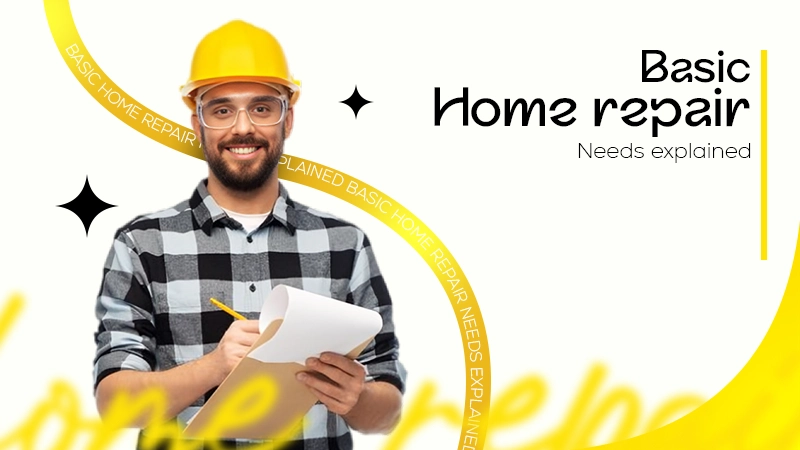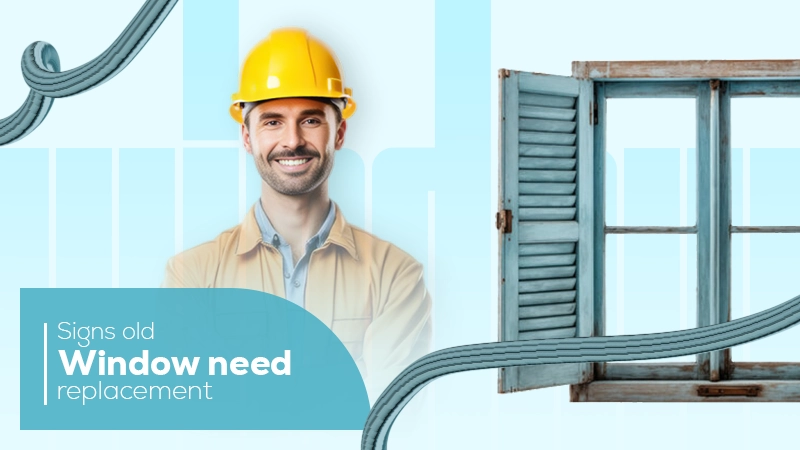You can typically identify a cheap floor from across the room. It could be a stained, lifting carpet, or chipped, worn-out tile—and before you even look closer, your perception is of a business that defaults on quality.
For an owner, the evident wear translates into uncertain cash outlays for repair and a negative impression that could run off potential customers. Your floors truly take an extraordinary beating each day.
The countless weight of your patrons, alongside spills, slips, and equipment, provides an ongoing strain. Understanding your floor is designed and installed to outlast use is a pro-plan that cannot wait after installation and openly takes you beyond the base purchase price.
That is the reason saying yes and get professional commercial flooring contractors at the beginning is not just a choice, but a strategy that protects your brand, bottom line, and streamlined plan for years.
KEY TAKEAWAYS
- High-quality flooring cuts costs in the long run, as it lasts longer and has less wear and tear.
- All materials are correctly matched to the specific wear and traffic needs of your business.
- Professional installation protects the lifespan of your floor, as well as keeps the manufacturer’s warranty intact.
- A good quality floor is a reflection of professionalism; it will invite customers and remind them about your brand.
Why a Good Flooring Budget Looks Beyond the Price Tag
It’s difficult to see flooring as a simple cost per square foot. But the real math is about the total cost over five or ten years. An accessible floor often becomes the most expensive mistake you make.
A Floor That Matches Your Daily Grind
No two trading spaces are the same. A busy restaurant entrance has separate needs compared to a quiet corporate boardroom. Standard basement flooring solutions force you to make compromises.
A pro is looking at how every part of your space works. They recommend materials with the right toughness, making sure the floor in your kitchen can cope with grease and spills, while your customer area always looks welcoming. This careful planning stops your floors from wearing out too efficiently where it matters most.
Materials That Can Take a Beating
The flooring you pick up at a home improvement store is built to be cheap. The materials used on a standard commercial floor are in a different league.
This isn’t the thin vinyl you find at a big-box store. We are using dense carpet fibers built for business, thick vinyl planks, and finishes that can handle real industrial use.
These materials are planned to fight back against daily abuse—from spilled coffee to heavy carts—that would destroy a standard floor. That toughness puts money back in your pocket via lower cleaning costs and by steering clear of a full replacement in just a couple of years.
Why Installation Makes or Breaks Your Investment
You can buy the toughest flooring on the market, but a bad installation will fail. This is the most expensive mistake you can make.
Professional installers do more than simply lay the floor down. They prepare the subfloor. They make sure it is clean, flat, and completely dry. Any moisture or unevenness under the floor will cause bumps, cracks, and eventual failure. A pro gets the foundation right so that your floor actually lasts.
A No-Nonsense Look at Top Commercial Flooring Types
Each flooring material has a job it does best, which is why matching the material to the space is essential for long-term success. Here’s a clear breakdown of where each one shines.
Luxury Vinyl Tile (LVT): The All-Around Performer
LVT earns its status as a commercial favorite by being both tough and adaptable.
- Vinyl Plank: Waterproof and durable, it substitutes wood perfectly for high-traffic areas.
- Vinyl Tile: Offers the stone or concrete style without the high cost or maintenance.
Bottom line? It’s built for business: it handles crowds, spills, and heavy furniture with minimal upkeep.
Commercial Carpet Tile: The Practical Choice
Today’s commercial carpet is not like what you remember.
- Easy repairs: Spill something that is permanent? Swap out one tile, not the whole floor.
- Noise control: Soaks up sound in open offices and busy hallways.
- Built to last: Commercial fibers are designed to keep out stains and hide dirt.
Polished Concrete: The Industrial Solution
In case you need a floor that won’t quit, look no further. These are the toughest options available.
- Polished Concrete: Your slab eventually gets the finish—a hard, polished surface that’s incredibly easy to maintain.
- Epoxy Flooring: A poured surface that serves as a seamless, chemical-proof barrier against spills and stains.
Install these in destinations that need a hygienic, heavy-use floor designed to last decades.
Questions You Must Ask Before Spending a Dollar
When selecting flooring, you must look beyond color and style. The right choice comes from answering these practical questions.
How Much Punishment Will It Really Take?
Be honest about your daily traffic. A warehouse needs a different floor than a yoga studio. Identify your spill areas, high-traffic zones, and quiet spaces. Your flooring idea should have a solution for each.
How Much Noise is Too Much?
Noise kills productivity in an office. Hard floors like LVT and concrete look great, but can create echo problems. Carpet tile is your best friend for sound control if quiet matters. The right decision makes a calmer, better working space.
What Can You Really Handle for Maintenance?
Several floors are high-maintenance. That beautiful, shiny surface could need professional scratching every week to keep its look. The smart move is to acquire a floor that matches your actual cleaning resources. A truly low-maintenance floor that just needs basic mopping will save you a substantial amount on long-term upkeep.
The True Cost of Cutting Corners on Installation
Attempting to save money on installation labor is the fastest and most guaranteed way to waste your entire flooring budget on premature failure and repairs.
Measurement Matters More Than You Think
Commercial flooring generally is required to line up with other building elements and complex room shapes. Being off by a small deviation can ruin the whole look, creating gaps and alignment issues. Professionals measure with this fine accuracy built in.
They Handle the Headaches You Don’t Need
A professional team carries out the project to limit disruption to your business. They manage work in phases, material delivery, and keep your operations moving. An amateur installer can rapidly turn a two-day job into a week of chaos.
Your Warranty Isn’t Guaranteed
This is crucial. Most commercial flooring manufacturers cancel their warranty if a certified pro does not install the product. This isn’t a maybe—it’s a rule. Hiring a professional isn’t primarily about quality; it’s about protecting your investment.
The Canada Ace Difference in Commercial Flooring
Canada Ace works as a complete interior finish contractor. This indicates they see your flooring as part of the whole commercial space, not just a separate item. They don’t just care about how the floor looks on installation day; they also care about how it will function for your company in the long run.
For business owners and managers who need to get professional commercial flooring contractors who deliver on this promise, Canada Ace offers a straightforward process. They focus on perfect preparation, proper material selection, and expert installation that stands up to real commercial use.
See their commercial flooring work and learn about their design philosophy on their website.
How can cheap flooring be a long-term expense for me?
It is inferior to a quality, professionally installed floor and will fail much earlier, causing more frequent repairs and requiring full replacement sooner.
Why is subfloor preparation by a professional so critical for commercial floors?
If the subfloor foundation is not dry and flat, proper preparation will prevent costly issues like cracking and product failure later.
Does commercial carpet tile really help office productivity?
Yes! Commercial carpet tile absorbs sound and echo to provide a quieter, less distracting, and more focused working environment.
How can not having my floors installed professionally void my warranty?
Most manufacturers will void their valuable warranty immediately, unless the flooring is installed by an authorized, certified commercial contractor.





